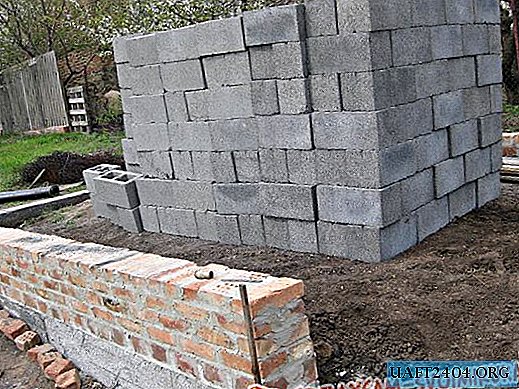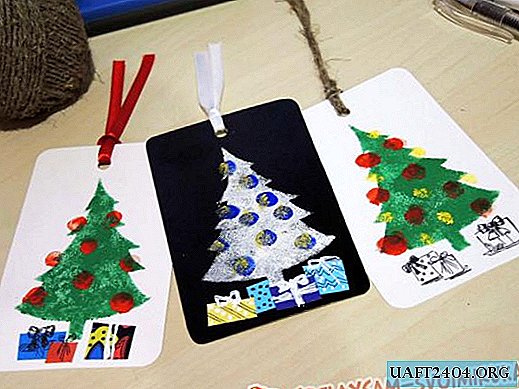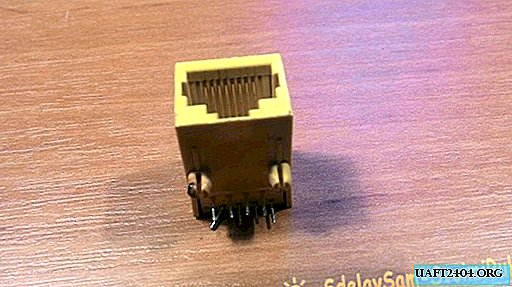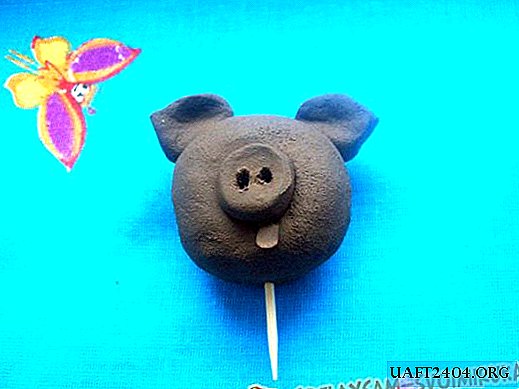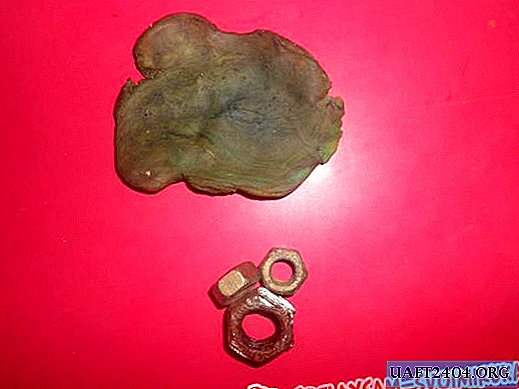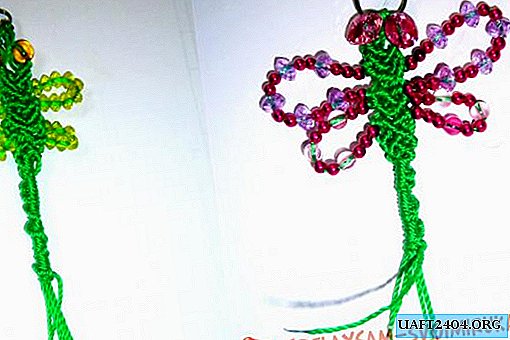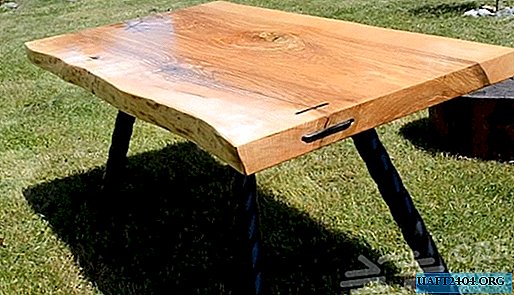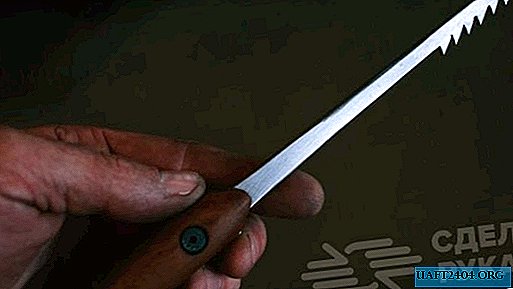Share
Pin
Tweet
Send
Share
Send
So, to do the work we need:
- a piece of paper for sketch;
- a pencil (preferably simple and with a soft stylus, so that you can easily fix the lines);
- paper scissors and manicure scissors (to cut a sketch);
- stationery knife;
- a rolling pin (to evenly roll out the clay, but if you have a paste machine, it will greatly facilitate your task);
- a solid flat surface on which we will roll out clay;
- paper or oilcloth (which can be used as a substrate for clay);
- polymer clay of four colors (can be taken at will, but it is necessary that the colors are in harmony with each other). The master class uses black, dark green, light green and blue polymer clay;
- chain (thick and long);
- large connecting rings - 2 pieces.
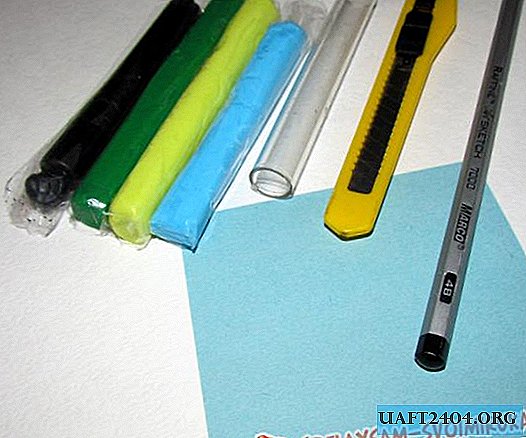
Step 1.
First you need to draw a sketch of the future pendant. We align the lines as much as possible, try to make as few holes as possible. A pendant with the word “Love” is made in the master class, but you can also take any other word, but a small one, in order to avoid possible tearing of the plastic and other problems. It is also advisable to arrange two, maximum three letters in one row, and if the word is longer, in two rows.

Step 2
We cut the sketch with the help of large scissors along the contour, then we complete the cutting with nail scissors, we refine all the lines. It is necessary to try on a sketch for a rolled out layer of polymer clay. In order to make a thin layer of clay, you must first knead the clay itself well, then roll it into a ball, begin to flatten the ball from the center to the edges with your fingers. When the layer becomes 3-4 mm thick, you need to put it either in a paste machine, or roll it out with a rolling pin on a flat surface covered with film or paper (but still better to take the film) to a thickness of 2 mm.

Step 3
Next, you need to carefully cut out the word with the help of a clerical knife, while making sure that the sketch does not slip from the layer of polymer clay.

Step 4
Align and smooth all edges of the pendant with your fingers or stacks. We take a little dark green polymer clay, roll it into a thin strip, not more than a millimeter, and depict sprouts on the pendant, as shown in the photo. You can think of absolutely any arrangement of sprouts.

Step 5
With light green polymer clay (pre-mashed and rolled out) we make petal balls (or leaf balls, to whom it is more convenient) on sprouts.

Step 6
From blue plastic we make circles a little more and also randomly arrange the pendant.

Step 7
Using a needle, we make small punctures in the light green and blue sections of the pendant.

Step 8
With the same needle, we make two through holes at the top of the pendant, so that you can then attach the chain.

Step 9
We bake the pendant in the way that is stated in the instructions for clay. We take a chain and connecting rings.

Step 10
Carefully fasten the chain to the pendant with the connecting ring.

Step 11
In the same way we fasten the chain on the other hand.

The pendant is ready! Wear to health!


Share
Pin
Tweet
Send
Share
Send


